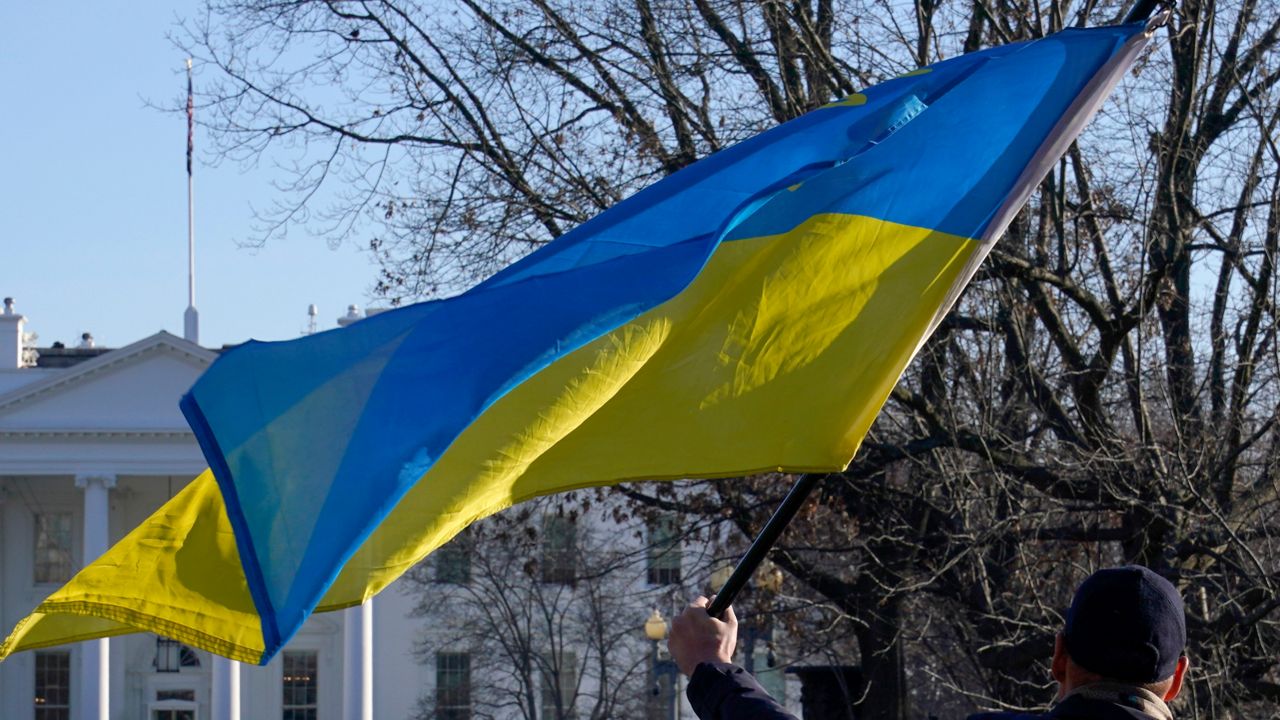The Federal Trade Commission is warning U.S. consumers about scammers taking advantage of the crisis in Ukraine.
“It’s true after natural disasters, when scammers set up fake charities that look and sound like real ones to get your money,” the FTC warned this week. “And it’s true now that millions of people want to support the Ukrainian people.”
With more than a million Ukrainians displaced because of the Russian invasion and millions more trapped inside a country under attack, fake charities are one of many scams designed to elicit money by preying upon Americans’ empathy and concern during a time of global conflict.
“The scammers take the same scams they always do and adapt them to what’s going on,” said Steve Weisman, founder of the website Scamicide.com. Following are some of the most common scams that are happening right now:
There are a number of phony charities posing as legitimate entities, Weisman said. Oftentimes those fake charities will use a technique called spoofing to manipulate a phone’s caller ID, so it appears to be coming from a well-known group such as the Red Cross.
“The sad fact is that whenever you get a telephone call, a text message or an email, you can never be sure whether it’s indeed coming from a legitimate charity or not,” Weisman said.
To verify a charity is in fact legitimate, Weisman suggests using the website CharityNavigator.org to check the organization’s name and determine not only if it is real but how much of what they collect goes to charitable works.
“My motto is ‘trust me, you can’t trust anybody,’” Weisman said. “Even if it’s a charitable solicitation forwarded to you by someone you trust, it doesn’t mean it’s legit. They could have been hacked or fallen for it.”
TikTok and other social media have been the source of a variety of scams resulting from the invasion. Weisman cited a TikTok account that was ostensibly livestreaming video from a Ukrainian neighborhood, including audible gunfire, sirens and people screaming for help and asking for donations.
“A couple hours later, the same TikTok account posted a video of the same street, and if you look closely, the license plates on the cars were all British,” Weisman said.
Such strategies are successful because people are looking for information about what’s happening. “The problem is these social media sites may lure you into clicking on links. When you click on a link, you may be downloading malware.”
Whenever there is a global event, like the Russian war on Ukraine, old scams are repurposed with a new twist. The grandparents scam involves someone calling an elderly person late at night, posing as a grandchild in dire need of funds for being arrested or getting in an auto accident or having a health emergency.
“Calls like that will appear to be family members stuck in Russia or Ukraine who need money to fly home,” Weisman said, saying that such calls are successful because they play to the recipient’s emotions.
During times of conflict, “people want to support our military,” he said. But even though we have troops in countries near Ukraine, we do not have any troops stationed inside or who are directly involved.
“People will be getting emails from scammers posting as American soldiers who are facing emergencies and saying they need your financial help,” Weisman said. “These are always a scam.”
Commonly known as the Nigerian prince scam, it involves someone promising a portion of a large amount of money in exchange for a small payment upfront. Repurposed for Ukraine, it involves someone claiming they are trying to get money out of a Ukrainian bank to flee the country, only they are having trouble.
If you’re able to advance them the money, they promise you will be rewarded with even more than you’ve lent.
“Of course, there are the same concerns: why contact me to suddenly be involved with moving funds from Ukraine?” he said.



